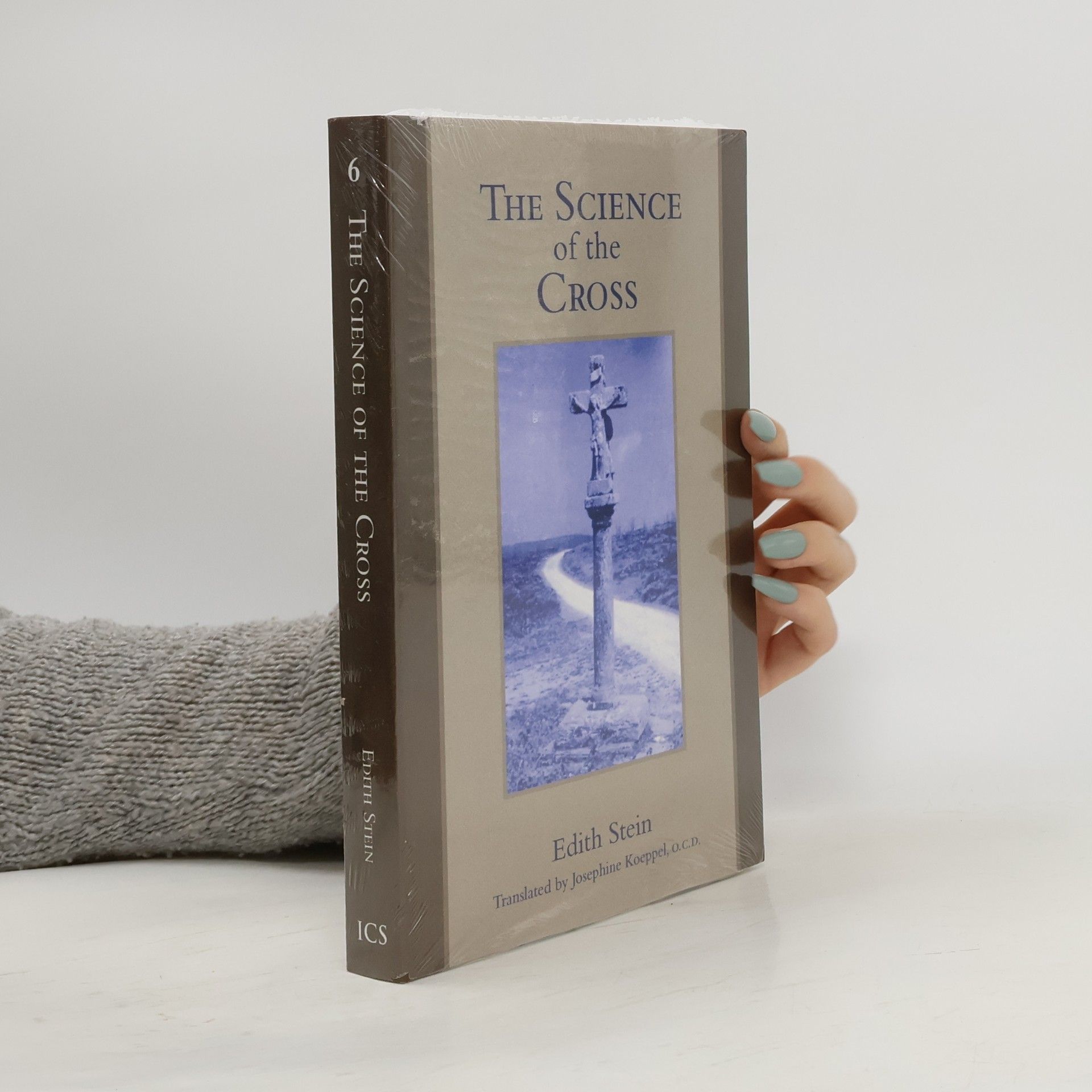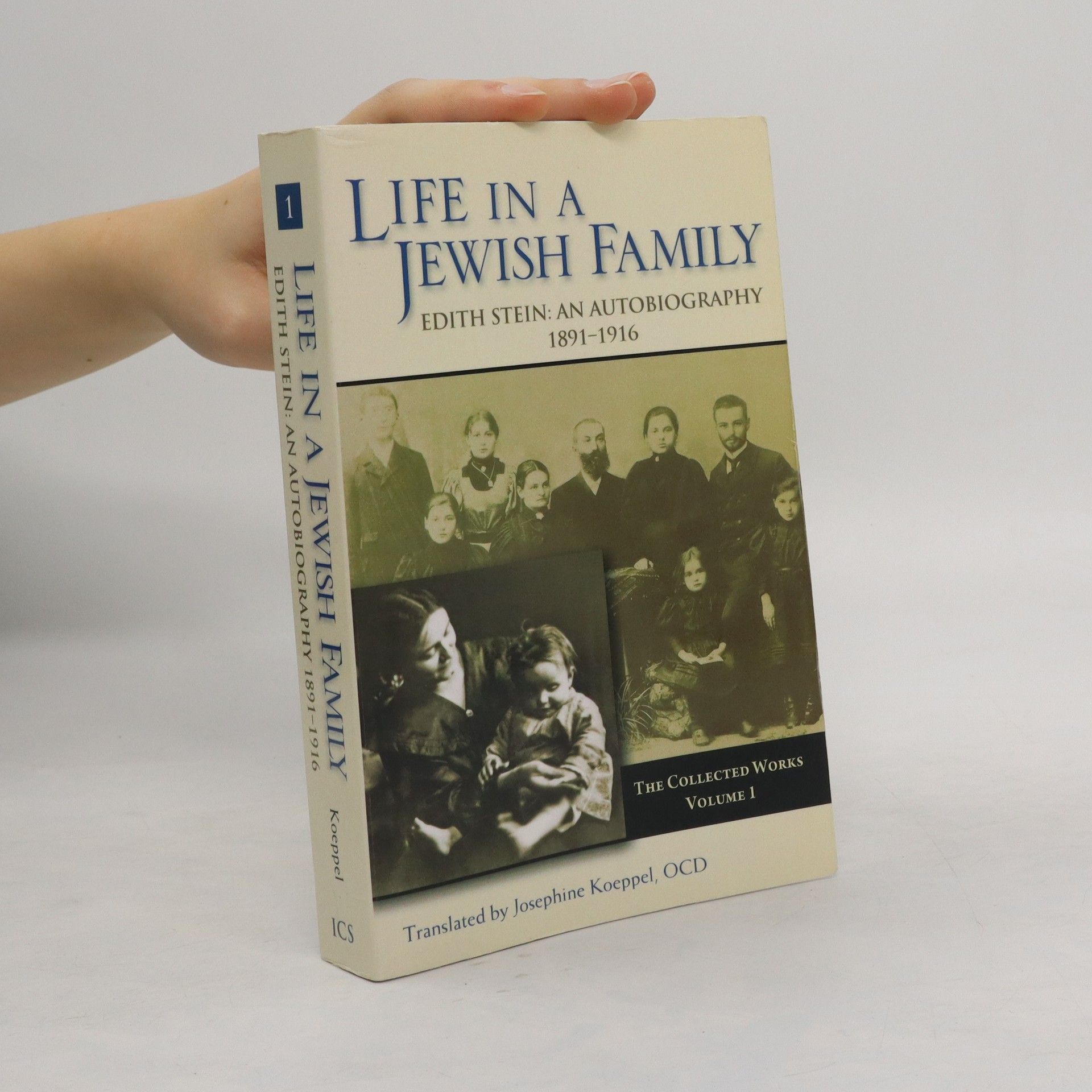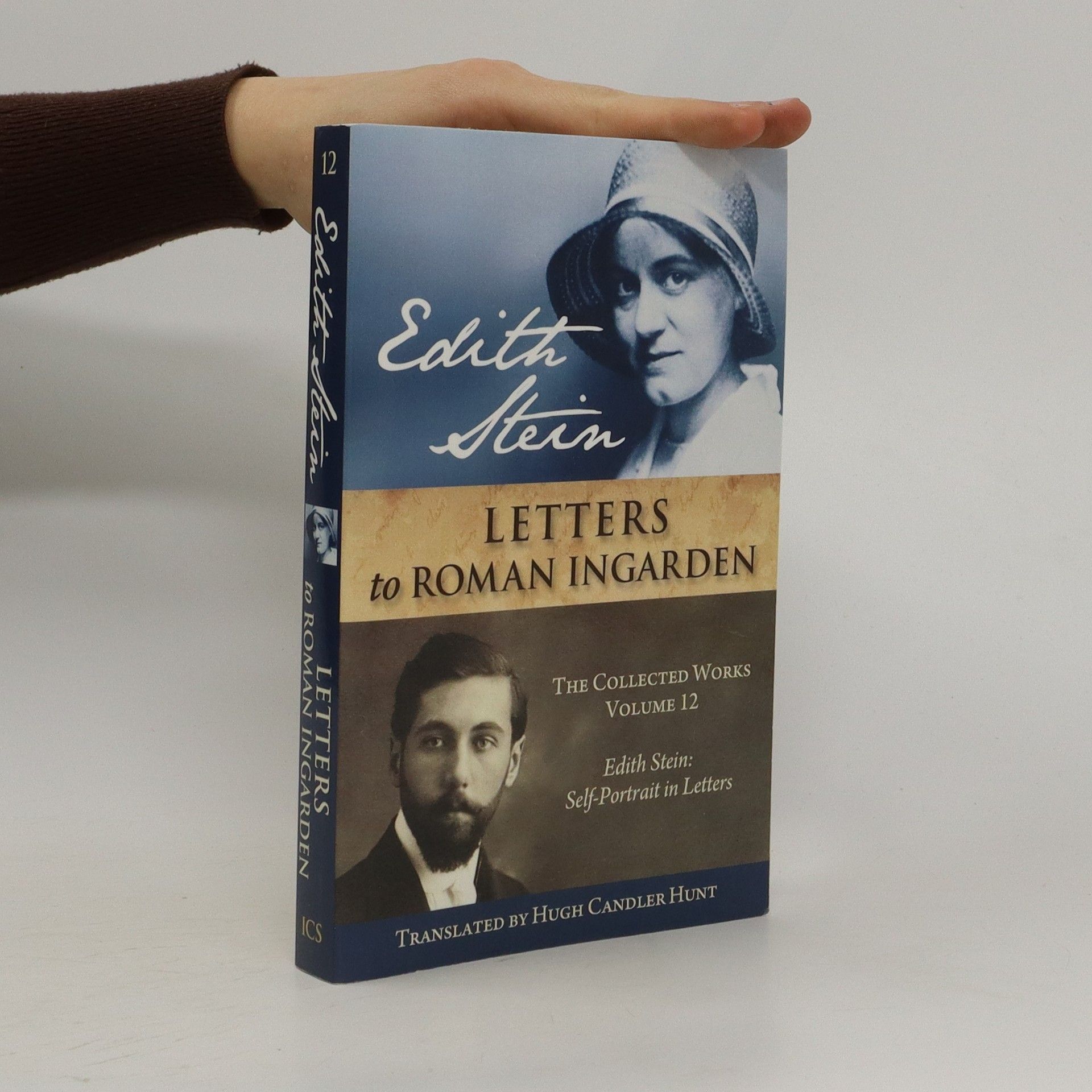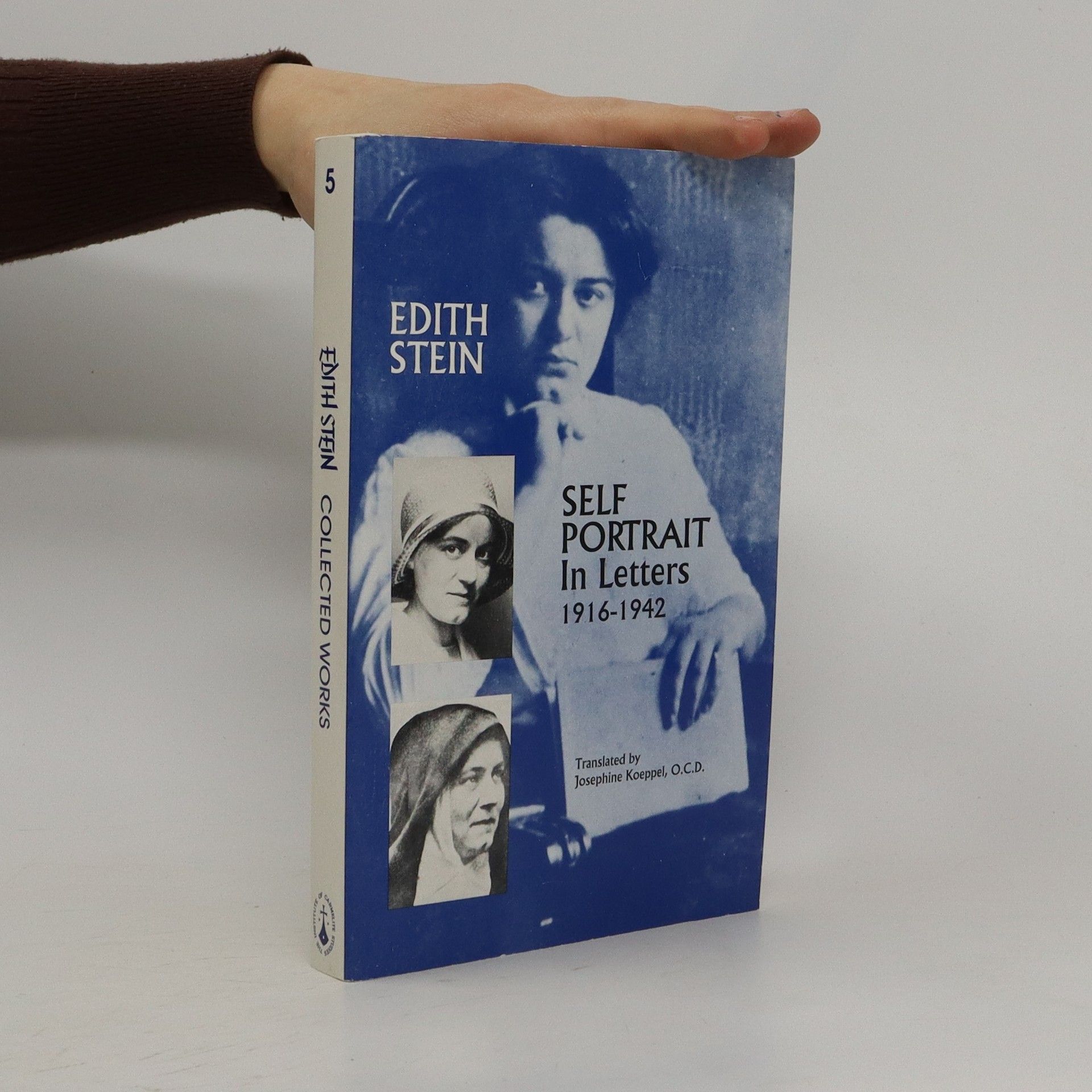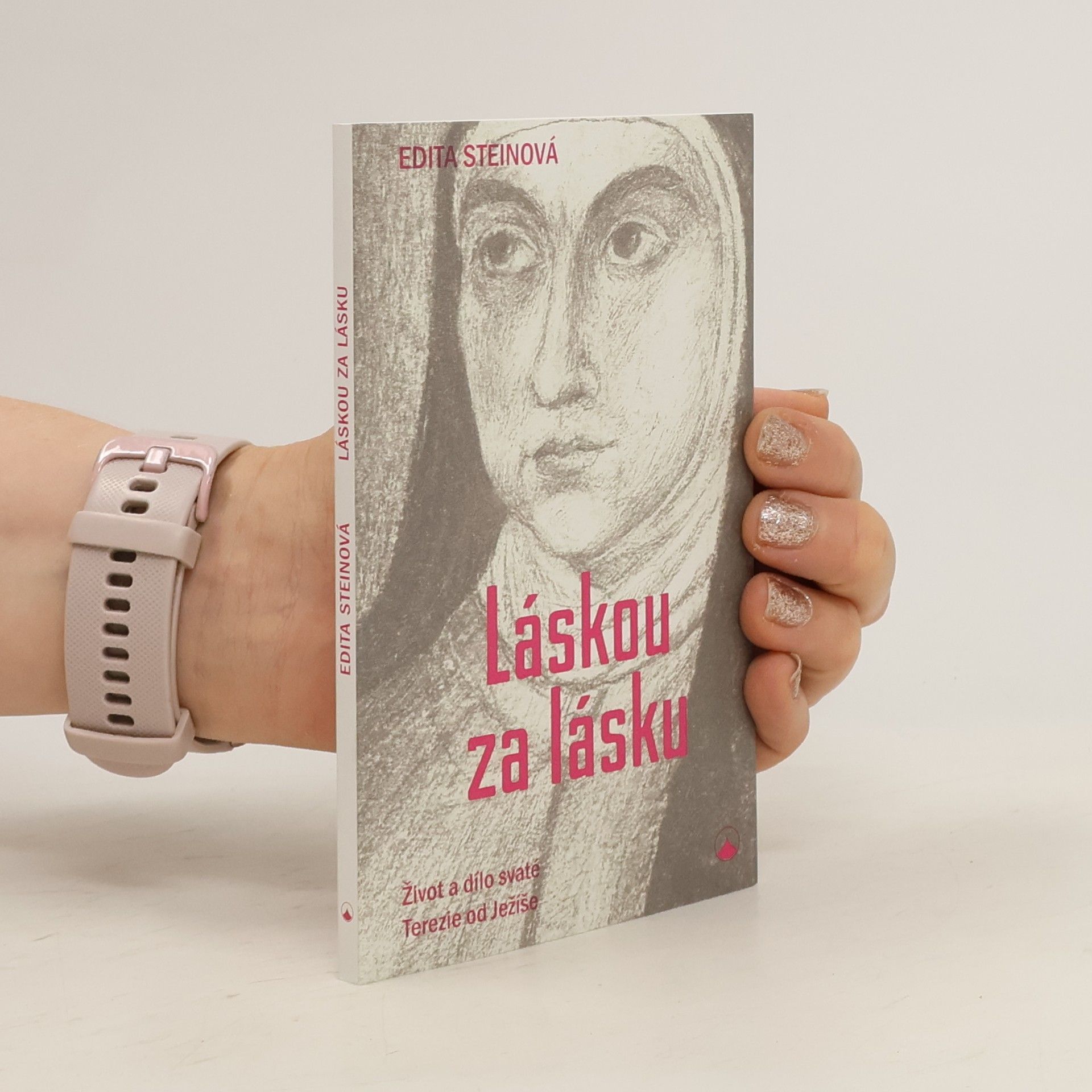Chemins vers le silence intérieur
- 77pages
- 3 heures de lecture
"La recherche de la vérité traverse la vie et l'oeuvre d'Edith Stein. Sa rencontre avec Dieu, puis son baptême, ont orienté résolument cette quête, et lui donnent tout son sens. De l'université de Gôttingen au Carmel d'Echt, sa vie et sa pensée s'enracinent dans une intériorité qui puise à la source de toute spiritualité, en Dieu lui-même. Ce recueil de pensées se veut une invitation à la méditation et au silence intérieur, conditions préalables à un retour au plus profond de l'être, là où Dieu parle en secret à l'âme. La mystique que nous propose Edith dans ces chemins vers le silence intérieur est un itinéraire spirituel praticable par tous." Vincent Aucante



